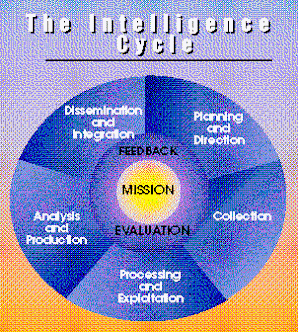Pleaserobme.Com Highlights Dangers of TMI on Social Networks
Three Dutch website developers have created a website that highlights exactly how dangerous too much information can be when it comes to social networking. Pleasrobme.com was launched on Wednesday and has already got the internet news and blogging community talking about the implications of such an experiment. The site aggregates the Twitter feeds of people who play Foursquare, a location-sharing application that allows users to "check in" from their various geographic whereabouts as part of a game where they earn badges for reaching certain milestones. The problem is, according to pleasrobme, in playing the game, many users are also publicly broadcasting that their home is likely unattended and a good "opportunity" (as the site terms it) for thieves.
The creators of Pleaserobme state on the home page of the site that the point is not so much to assist robbers at breaking into homes, but to bring into focus the potential dangers of oversharing information through social networks. "Hey, do you have a Twitter account?" the site asks. "Have you ever noticed those messages in which people tell you where they are? Pretty annoying, eh. Well, they're actually also potentially pretty dangerous. We're about to tell you why." The hazards of giving up too much information can also pose business risks. As illustrated in The Final 5 Tweets of Harold Wigginbottom, Tech Savvy CEO, oversharing can also make you a desirable target for kidnapping, especially if you are an executive or other kind of VIP. At the 2009 CSO Executive Seminar on Data Loss Prevention in Chicago, Motorola CSO Bill Boni expressed his reservations about using Twitter, calling it a great way to get one's self kidnapped.


0 comments:
Post a Comment